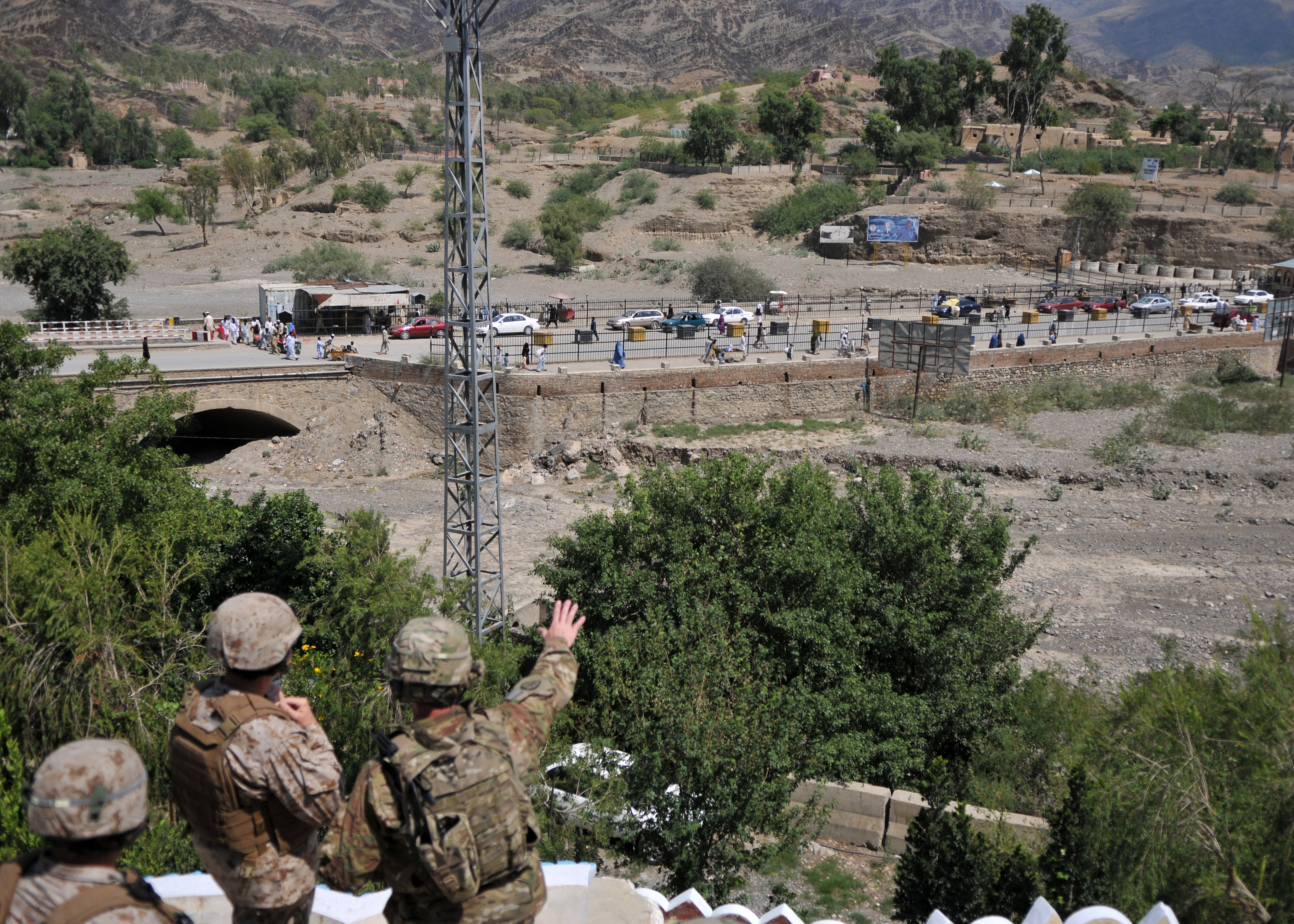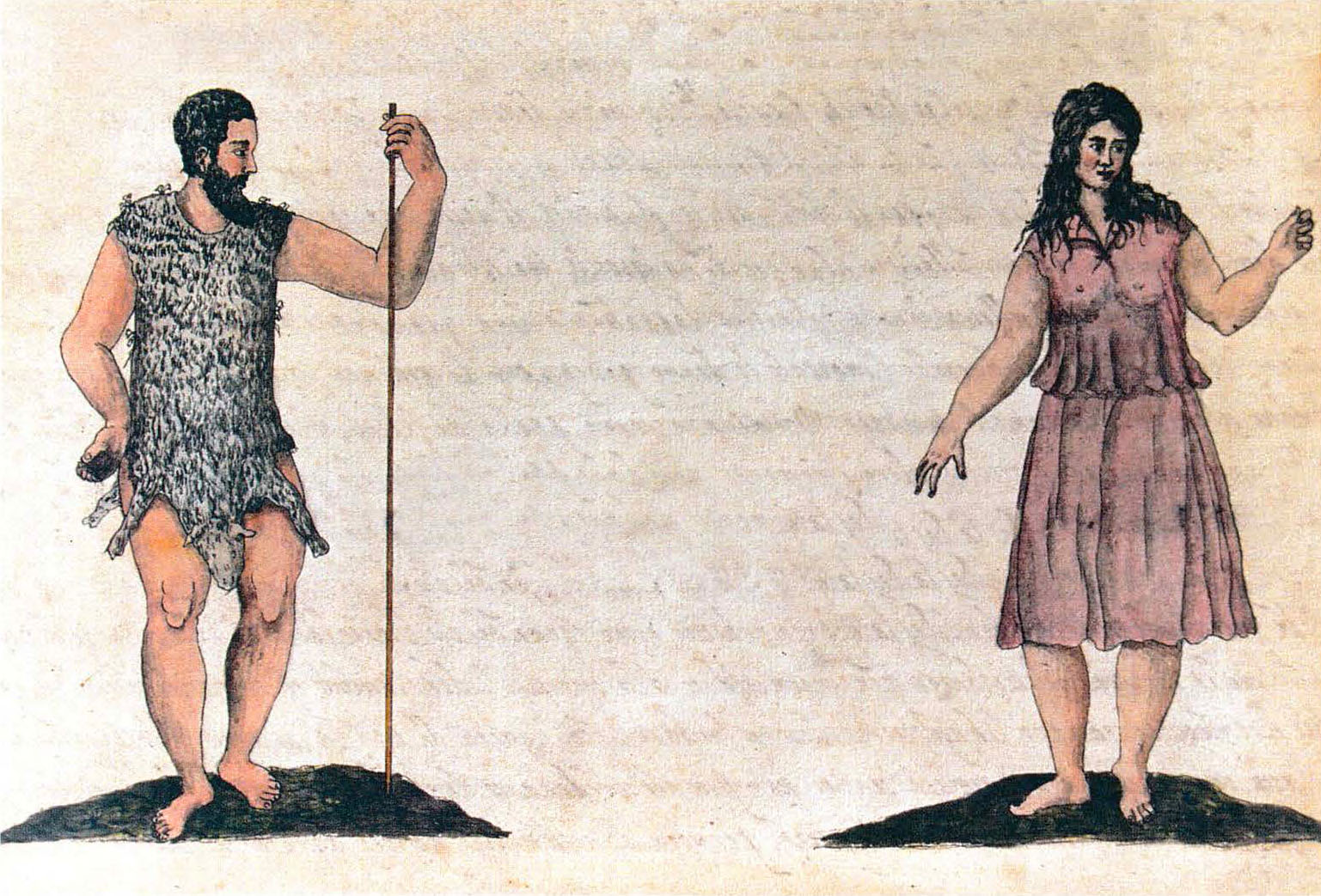|
Afghanistan–Pakistan Relations
Afghanistan and Pakistan are neighboring countries. In August 1947, the Partition of India, partition of British India led to the emergence of Pakistan along Afghanistan's eastern frontier; Afghanistan was the sole country to vote against Pakistan's admission into the United Nations following the latter's independence. Territorial disputes along the widely known "Durand Line" and conflicting claims prevented the normalization of bilateral ties between the countries throughout the mid-20th century. Afghan territorial claims over Pashtun-majority areas that are in Pakistan were coupled with discontent over the permanency of the Durand Line which has long been considered the international border by every nation other than Afghanistan, and for which Afghanistan demanded a renegotiation, with the aim of having it shifted eastward to the Indus River. During the Taliban insurgency, the Taliban has received substantial financial and logistical backing from Pakistan, which remains a signi ... [...More Info...] [...Related Items...] OR: [Wikipedia] [Google] [Baidu] |
Embassy Of Pakistan, Kabul
The Embassy of Pakistan in Kabul is the diplomatic mission of Pakistan in Afghanistan. Pakistan also operates consulates in the Afghan cities of Herat, Jalalabad, Kandahar and Mazar-e-Sharif. The current Pakistani Ambassador to Afghanistan is Obaid ur Rehman Nizamani. Background Located in Kabul's Kārte Parwān neighbourhood, it is Pakistan's largest embassy abroad in terms of size and also one of its busiest. The residence of the Pakistani ambassador enjoins the embassy, together collectively known as the Quaid-e-Azam Complex. There are presently 60 personnel working at the mission. The operating budget of Pakistani diplomatic missions in Afghanistan was estimated at 527 million as of 2016. The embassy provides visa services for Afghans, as well as overseeing bilateral affairs and matters pertaining to Pakistani interests in Afghanistan. English language courses and computer classes are also provided for free to Afghan students in one section of the embassy. History The ... [...More Info...] [...Related Items...] OR: [Wikipedia] [Google] [Baidu] |
Pakistani Taliban
The Pakistani Taliban, officially the Tehreek-i-Taliban-e-Pakistan (TTP), is an umbrella organization of various Islamist armed militant groups operating along the Afghan–Pakistani border. Formed in 2007 by Baitullah Mehsud, its current leader is Noor Wali Mehsud, who has publicly pledged allegiance to the Taliban (Islamic Emirate of Afghanistan). The Pakistani Taliban share a common ideology with the Afghan Taliban and have assisted them in the 2001–2021 war, but the two groups have separate operation and command structures. Most Taliban groups in Pakistan coalesce under the TTP. Among the stated objectives of TTP is resistance against the Pakistani state. The TTP's aim is to overthrow the government of Pakistan by waging a terrorist campaign against the Pakistan armed forces and the state. The TTP depends on the tribal belt along the Afghanistan–Pakistan border, from which it draws its recruits. The TTP receives ideological guidance from and maintains ties with ... [...More Info...] [...Related Items...] OR: [Wikipedia] [Google] [Baidu] |
Library Of Congress Country Studies
The Country Studies are works published by the Federal Research Division of the United States Library of Congress, freely available for use by researchers. No copyright is claimed on them. Therefore, they have been dedicated to the public domain and can be copied freely, though not all the pictures used therein are in the public domain. The Country Studies Series presents a description and analysis of the historical setting and the social, economic, political, and national security systems and institutions of countries throughout the world. The series examines the interrelationships of those systems and the ways they are shaped by cultural factors. The books represent the analysis of the authors and should not be construed as an expression of an official United States Government position, policy, or decision. The authors have sought to adhere to accepted standards of scholarly objectivity. Online information contained in the online Country Studies is not copyrighted and thus is ... [...More Info...] [...Related Items...] OR: [Wikipedia] [Google] [Baidu] |
Pashtun Tribes
The Pashtun tribes (), are tribes of the Pashtun people, a large Eastern Iranian ethnic group who speak the Pashto language and follow Pashtunwali, the social code of conduct for Pashtuns. They are found primarily in Afghanistan and Pakistan and form the world's largest tribe, tribal social group, society, comprising over 60 million people and between 350 and 400 tribes and clans. They are traditionally divided into four tribal confederacies: the Sarbani (), the Bettani (), the Ghurghusht (), the Karlani () and a few allied tribes of those that are Ismailkhel, Khel (clan), Khel, Ludin, Sakzai, and Zai (tribe), Zai. Folklore, Folkloric genealogies trace the ancestors of the Pashtuns to Qais Abdur Rashid and his three sons ''Saṛban'' (), ''Bēṭ'' (), and ''Gharghax̌t'' () as well as an adopted son, not directly adopted by Qais Abdul Rashid, but the identity of the adoptee, Karlāņ (), as well as the man who adopted him. According to some books written on the history of the ... [...More Info...] [...Related Items...] OR: [Wikipedia] [Google] [Baidu] |
Pashtun People
Pashtuns (, , ; ;), also known as Pakhtuns, or Pathans, are an Iranic ethnic group primarily residing in southern and eastern Afghanistan and northwestern Pakistan. They were historically also referred to as Afghans until 1964 after the term's meaning had become a demonym for all citizens of Afghanistan regardless of their ethnic group. The Pashtuns speak the Pashto language, which belongs to the Eastern Iranian branch of the Iranian language family. Additionally, Dari serves as the second language of Pashtuns in Afghanistan, while those in Pakistan speak Urdu and English. In India, the majority of those of Pashtun descent have lost the ability to speak Pashto and instead speak Hindi and other regional languages. There are an estimated 350–400 Pashtun tribes and clans with a variety of origin theories. In 2021, Shahid Javed Burki estimated the total Pashtun population to be situated between 60 and 70 million, with 15 million in Afghanistan. Others who accept the ... [...More Info...] [...Related Items...] OR: [Wikipedia] [Google] [Baidu] |
List Of Indigenous Peoples
Definition Indigenous communities, peoples, and nations are those which have a historical continuity with pre-invasion and pre-colonial societies that developed on their territories, and may consider themselves distinct from other sectors of the societies now prevailing on those territories, or parts of them. They form at present non-dominant sectors of society and are determined to preserve, develop and transmit to future generations their ancestral territories, and their ethnic identity, as the basis of their continued existence as peoples, in accordance with their own cultural patterns, social institutions and legal system. This historical continuity may consist of the continuation, for an extended period reaching into the present of one or more of the following factors: * Occupation of ancestral lands, or at least of part of them * Common ancestry with the original occupants of these lands * Culture in general, or in specific manifestations (such as religion, living und ... [...More Info...] [...Related Items...] OR: [Wikipedia] [Google] [Baidu] |
Balochistan (Pakistan)
Balochistan (; ; , ) is a Administrative units of Pakistan, province of Pakistan. Located in the Geography of Pakistan, southwestern region of the country, Balochistan is the largest province of Pakistan by land area but is the Demographics of Pakistan, least populated one. It is bordered by the Pakistani provinces of Khyber Pakhtunkhwa to the north-east, Punjab, Pakistan, Punjab to the east and Sindh to the south-east; shares international borders with Pakistan-Iran border, Iran to the west and Durand line, Afghanistan to the north; and is bound by the Arabian Sea to the south. Balochistan is an extensive plateau of rough terrain divided into basins by ranges of sufficient heights and ruggedness. It has a large deep sea port, Gwadar Port, the Port of Gwadar lying in the Arabian Sea. Although it makes up about 44% of the land area of Pakistan, only 5% of it is arable and it is noted for an extremely dry desert climate. Despite this, agriculture and livestock make up about 47% of ... [...More Info...] [...Related Items...] OR: [Wikipedia] [Google] [Baidu] |
Federally Administered Tribal Areas
The Federally Administered Tribal Areas, commonly known as FATA, was a semi-autonomous tribal region in north-western Pakistan that existed from 1947 until being merged with the neighbouring province of Khyber Pakhtunkhwa in 2018 through the Twenty-fifth amendment to the constitution of Pakistan. It consisted of seven tribal agencies (districts) and six frontier regions, and were directly governed by the federal government through a special set of laws called the Frontier Crimes Regulations. On 24 May 2018, the National Assembly of Pakistan voted in favour of an amendment to the Constitution of Pakistan for the FATA-KP merger which was approved by the Senate the following day. Since the change was to affect the province of Khyber Pakhtunkhwa, it was presented for approval in the Khyber Pakhtunkhwa Assembly on 27 May 2018, and passed with majority vote. On 28 May 2018, the President of Pakistan signed the FATA Interim Governance Regulation, a set of interim rules for FATA ... [...More Info...] [...Related Items...] OR: [Wikipedia] [Google] [Baidu] |
Khyber Pakhtunkhwa
Khyber Pakhtunkhwa (; ; , ; abbr. KP or KPK), formerly known as the North West Frontier Province (NWFP), is a Administrative units of Pakistan, province of Pakistan. Located in the Northern Pakistan, northwestern region of the country, Khyber Pakhtunkhwa is the fourth largest province of Pakistan by land area and the third-largest province by population. It is bordered by Balochistan, Pakistan, Balochistan to the south; Punjab, Pakistan, Punjab, Islamabad Capital Territory, and Azad Kashmir to the east; and Gilgit-Baltistan to the north and northeast. It shares an Durand Line, international border with Afghanistan to the west. Khyber Pakhtunkhwa has a varied geography of rugged mountain ranges, valleys, rolling foothills, and dense agricultural farms. While it is the third-largest Pakistani province in terms of both its population and Economy of Khyber Pakhtunkhwa, its economy, it is geographically the smallest. Khyber Pakhtunkhwa's share of Pakistan's GDP has historically com ... [...More Info...] [...Related Items...] OR: [Wikipedia] [Google] [Baidu] |
Pashto Language
Pashto ( , ; , ) is an eastern Iranian language in the Indo-European language family, natively spoken in northwestern Pakistan and southern and eastern Afghanistan. It has official status in Afghanistan and the Pakistani province of Khyber Pakhtunkhwa. It is known in historical Persian literature as Afghani (). Spoken as a native language mostly by ethnic Pashtuns, it is one of the two official languages of Afghanistan alongside Dari, Constitution of Afghanistan �''Chapter 1 The State, Article 16 (Languages) and Article 20 (Anthem)''/ref> and it is the second-largest provincial language of Pakistan, spoken mainly in Khyber Pakhtunkhwa and the northern districts of Balochistan. Likewise, it is the primary language of the Pashtun diaspora around the world. The total number of Pashto-speakers is at least 40 million, (40 million) although some estimates place it as high as 60 million. Pashto is "one of the primary markers of ethnic identity" amongst Pashtuns. Geograph ... [...More Info...] [...Related Items...] OR: [Wikipedia] [Google] [Baidu] |
South Asian Association For Regional Cooperation
The South Asian Association for Regional Cooperation (SAARC) is the regional intergovernmental organization and geopolitical union of states in South Asia. Its member states are Afghanistan, Bangladesh, Bhutan, India, Maldives, Nepal, Pakistan, and Sri Lanka. SAARC comprises 3% of the world's land area, 21% of the world's population and 5.21% (US$4.47 trillion) of the global economy, as of 2021. SAARC was founded in Dhaka on 8 December 1985. Its secretariat is based in Kathmandu, Nepal. The organization promotes economic development and regional integration. It launched the South Asian Free Trade Area in 2006. SAARC maintains permanent diplomatic relations at the United Nations as an observer and has developed links with multilateral entities, including the European Union. However, due to the geopolitical conflict between India and Pakistan and the situation in Afghanistan, the organization has been suspended for a long time, and India currently cooperates with its eastern neig ... [...More Info...] [...Related Items...] OR: [Wikipedia] [Google] [Baidu] |





